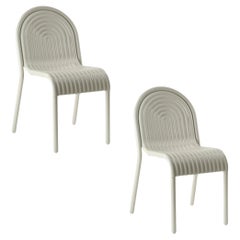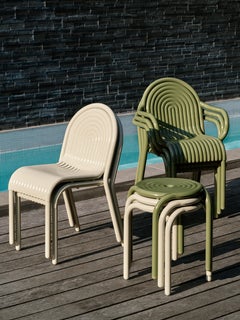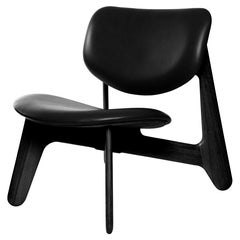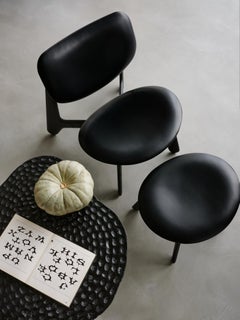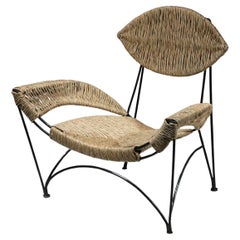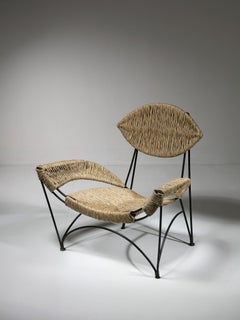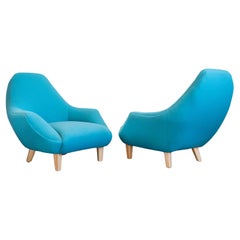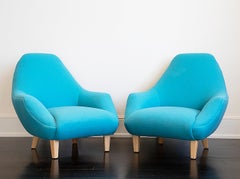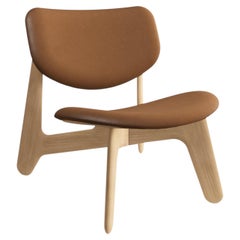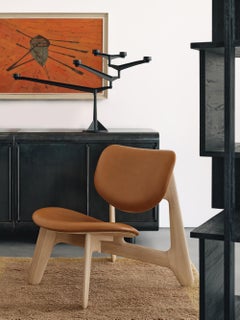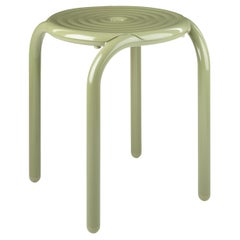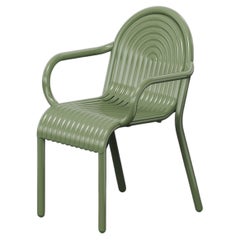Pair of Tom Dixon 'Groove' Aluminum Outdoor Dining Chairs in Putty
$592Sale Price / set|25% Off
Pair of Tom Dixon 'Groove' Aluminum Outdoor Dining Chairs in Putty
By Tom Dixon
Located in Glendale, CA
Pair of Tom Dixon 'Groove' Aluminum Outdoor Dining Chairs in Putty New in 2025, the Groove series is Tom Dixon's first outdoor furniture line. Executed in high-performance durable a...
2010s British Mid-Century Modern Tom Dixon Seating
Aluminum
